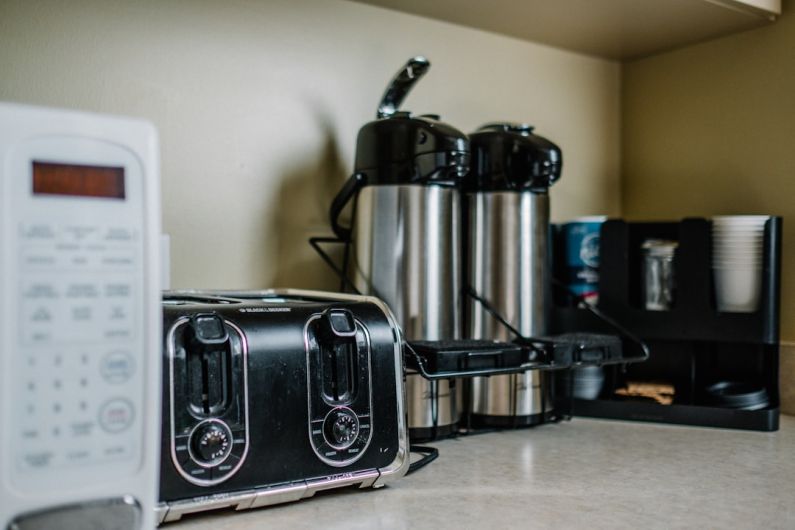When Should You Replace Your Old Kitchen Appliances?
The kitchen is often referred to as the heart of the home, and the appliances within it play a crucial role in making daily tasks more convenient and efficient. Over time, however, these appliances can become outdated, inefficient, and even unsafe. So, how do you know when it’s time to replace your old kitchen appliances? In this article, we will explore some key factors to consider when deciding if it’s time for an upgrade.
Performance Decline
One of the most obvious signs that it’s time to replace your old kitchen appliances is a decline in performance. If your oven takes twice as long to preheat or your refrigerator fails to keep your food at the right temperature, it may be a sign that these appliances have reached the end of their lifespan. Appliances that no longer perform optimally can lead to frustration and wasted time, making it worth considering an upgrade.
Energy Efficiency
Another important factor to consider is energy efficiency. Older appliances tend to be less energy-efficient compared to their modern counterparts. This means they consume more electricity or gas to perform the same task, resulting in higher utility bills. Upgrading to newer appliances with Energy Star ratings can help reduce energy consumption and ultimately save you money in the long run.
Safety Concerns
Safety should always be a top priority in any household, and old appliances can pose various safety risks. For example, if your stove has faulty wiring or your microwave emits strange odors, it’s time to seriously consider replacing them. Old appliances may also lack important safety features, such as automatic shut-off functions or child locks, putting your family at risk. Investing in new appliances with updated safety features will provide you with peace of mind and ensure the well-being of your loved ones.
Cost of Repairs
When faced with a malfunctioning appliance, you may be tempted to have it repaired rather than replaced. However, it’s essential to consider the cost of repairs versus the cost of a new appliance. If the repair costs are significant or if your appliance has a history of ongoing issues, it may be more cost-effective to invest in a new appliance. Additionally, new appliances often come with warranties, providing you with added protection and potential savings on future repairs.
Outdated Aesthetics
While functionality and safety are crucial factors to consider, the aesthetics of your kitchen should not be overlooked. Outdated appliances can significantly impact the overall look and feel of your kitchen. If your appliances are mismatched, have worn-out finishes, or simply do not complement your kitchen’s design, it may be time for an upgrade. New appliances not only offer modern designs and finishes but also the opportunity to create a cohesive and visually appealing kitchen space.
Conclusion: Making the Right Decision
Knowing when to replace your old kitchen appliances is a decision that requires careful consideration. By assessing factors such as performance decline, energy efficiency, safety concerns, repair costs, and outdated aesthetics, you can make an informed decision that aligns with your needs and budget. Remember, upgrading your kitchen appliances not only improves the functionality and safety of your kitchen but also enhances its overall appearance. So, don’t hesitate to replace your old appliances when the time is right.






